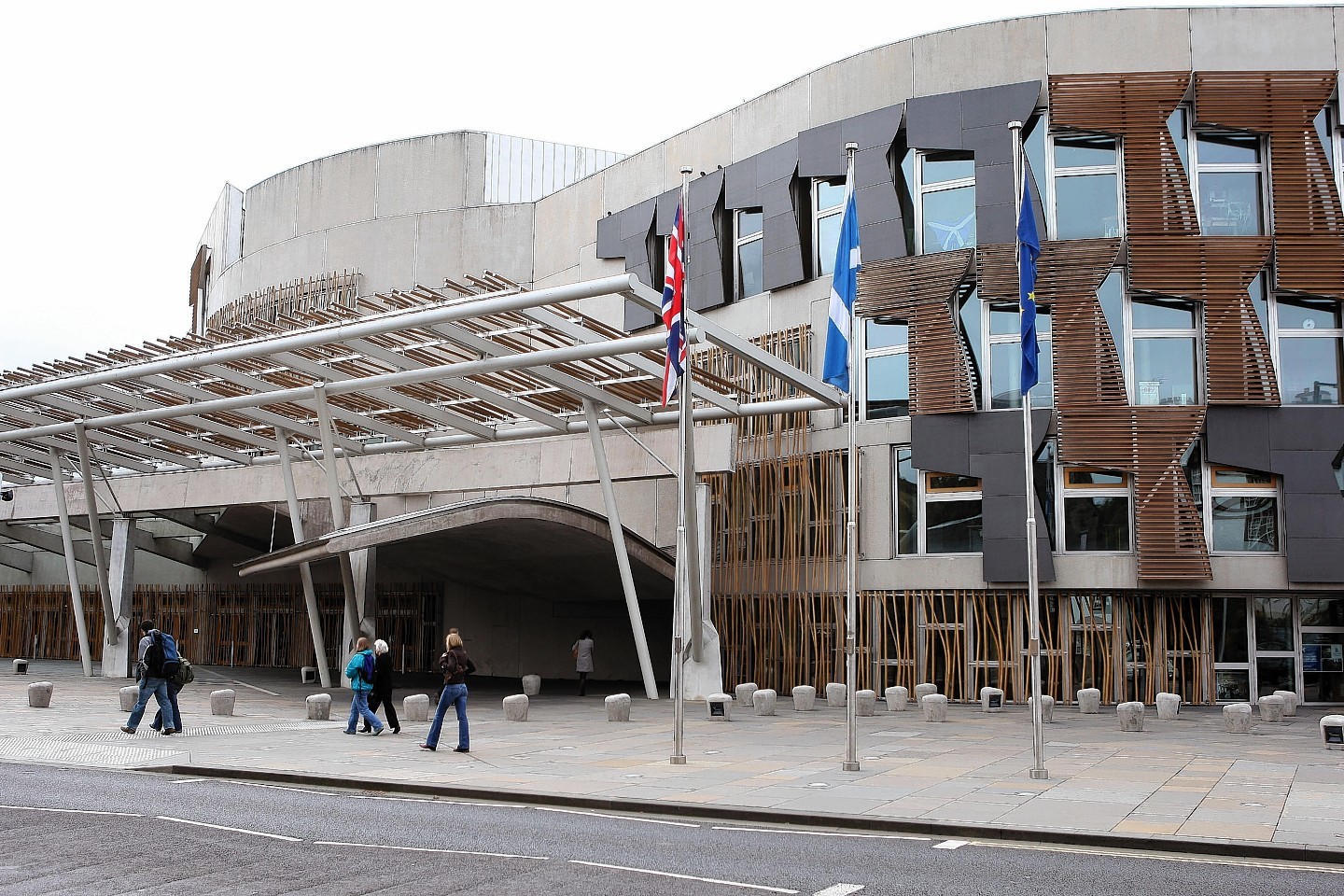An academic has predicted that the SNP would win next year’s Holyrood election but insisted Scotland would not become a one-party state.
Professor Richard Rose of Strathclyde University in Glasgow said the combination of first-past the post and proportional representation systems for electing MSPs would produce at least half a dozen parties.
“Proportional representation will almost certainly give the Conservatives, the Liberal Democrats, and the Greens at least one member to sit opposite an SNP majority,” he added.
“What’s unclear is how many parties will include the word labour or socialist in their name.”
Prof Rose, who is attached to the university’s school of government and public policy, said the link with the British Labour Party in London “will at best be useless”.
“No one will want its leader to campaign for them in Scotland,” he added.
“At worst, it will be toxic, a reminder that Labour is incapable of preventing the UK from being governed by the Conservatives.
“To seek election as a candidate of the Independent Labour Party would have the justification of history and of ambiguity.
“It was the name used by left-wing Scottish Labour MPs before the British Labour Party was formed a century ago.
“It also leaves open where the party stands on independence for Scotland today.”
Professor Rose claimed every Labour candidate standing in the 73 single-member seats fought on the first-past-the-post system at Holyrood would be fighting on their own and could seek a personal vote by standing as “your local MSP”.
Labour MSPs who represent constituencies will likely be fearful that they face losing their seats in light of the party’s rout at Westminster.
Some will attempt to try and secure a place on the regional lists to survive the predicted SNP onslaught.
In 2011 Labour MSP Lewis Macdonald lost his Aberdeen Central constituency to the SNP but returned to Holyrood as a north-east list member.
